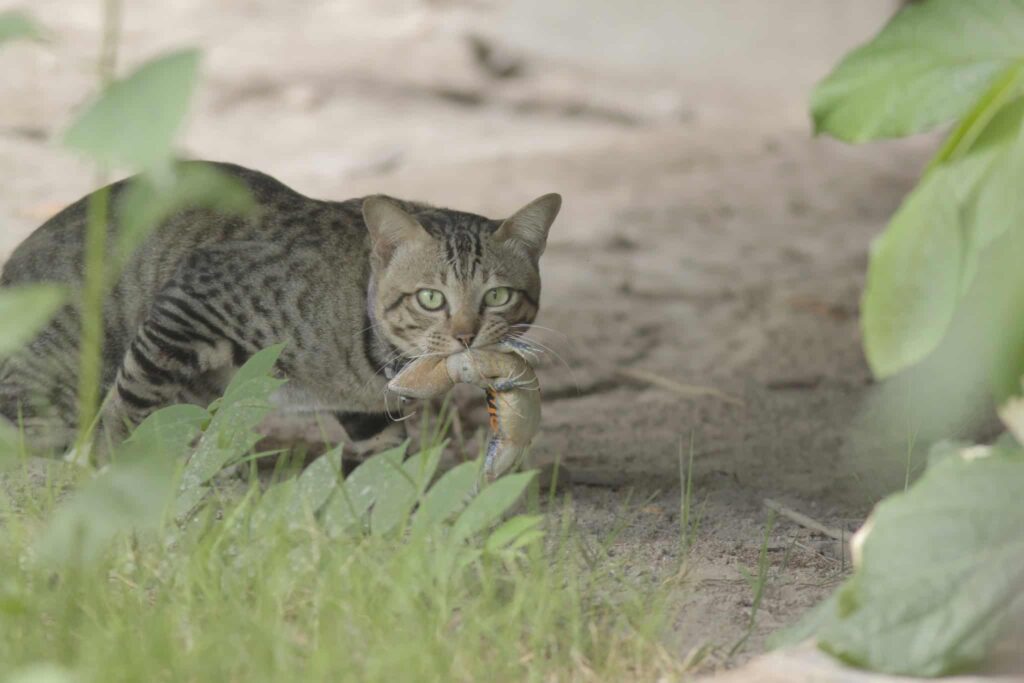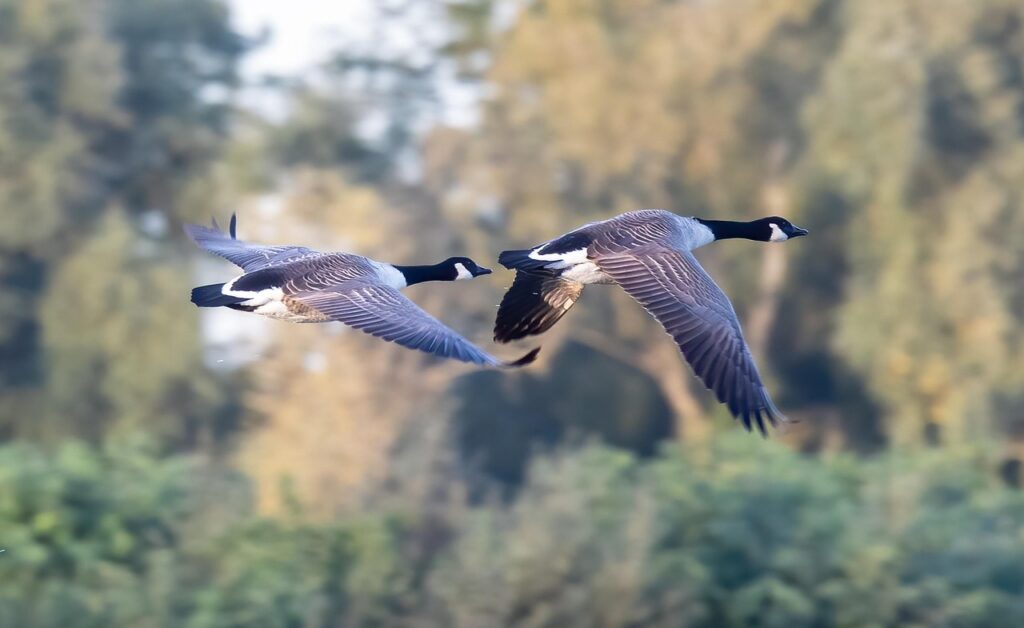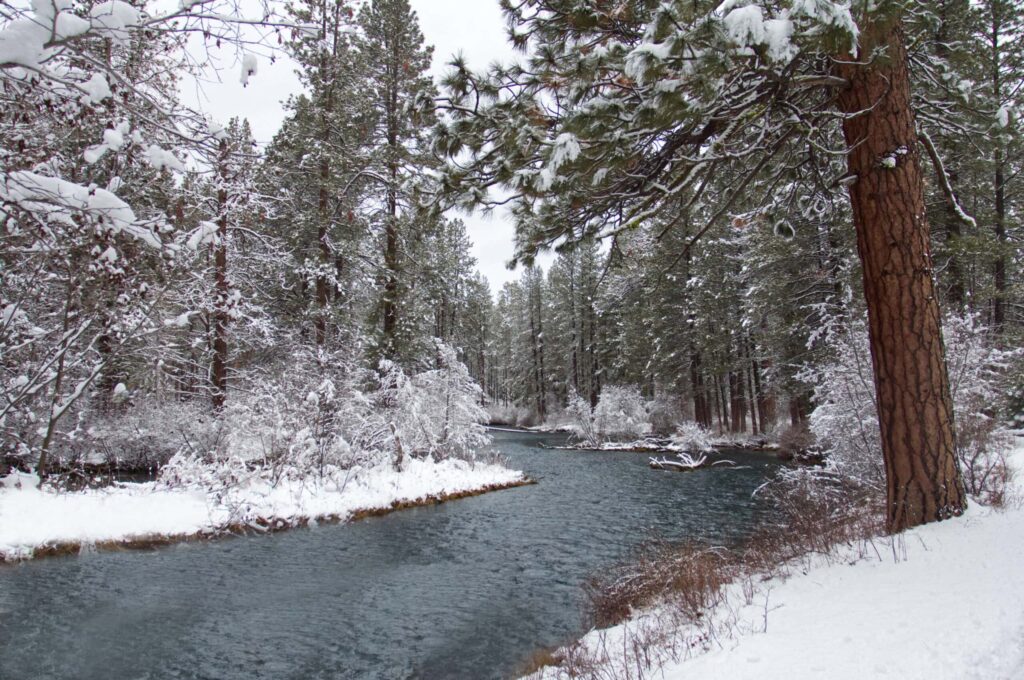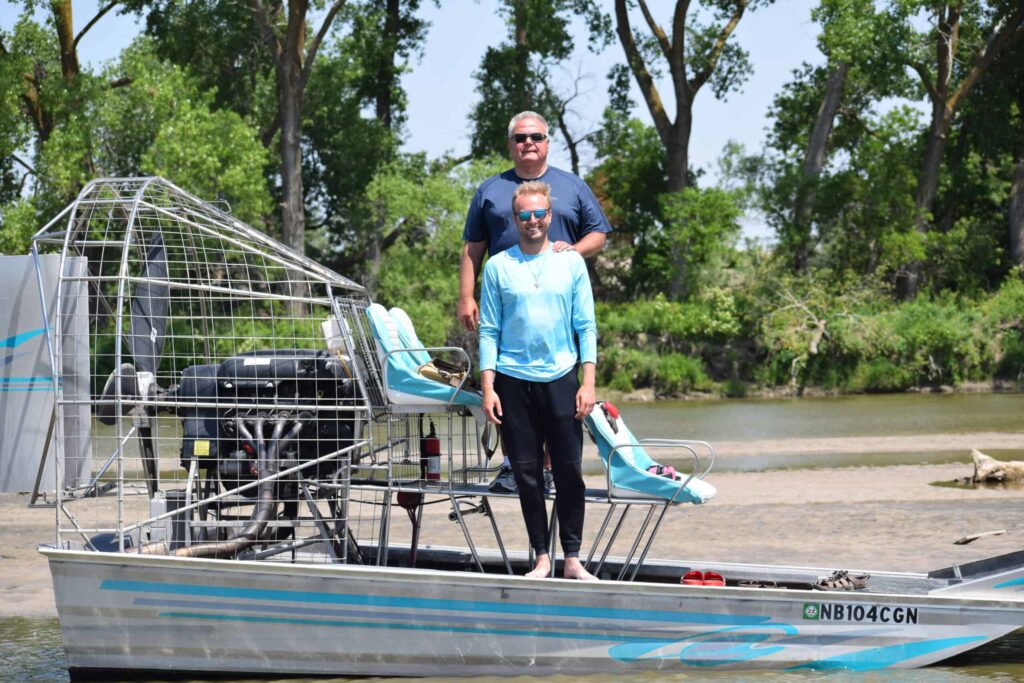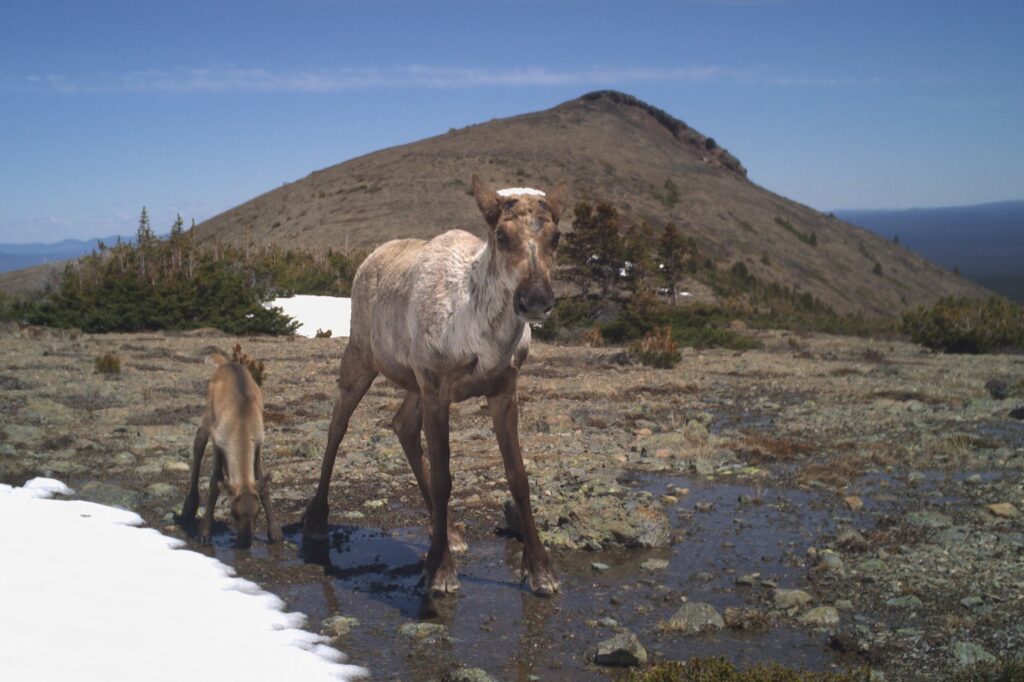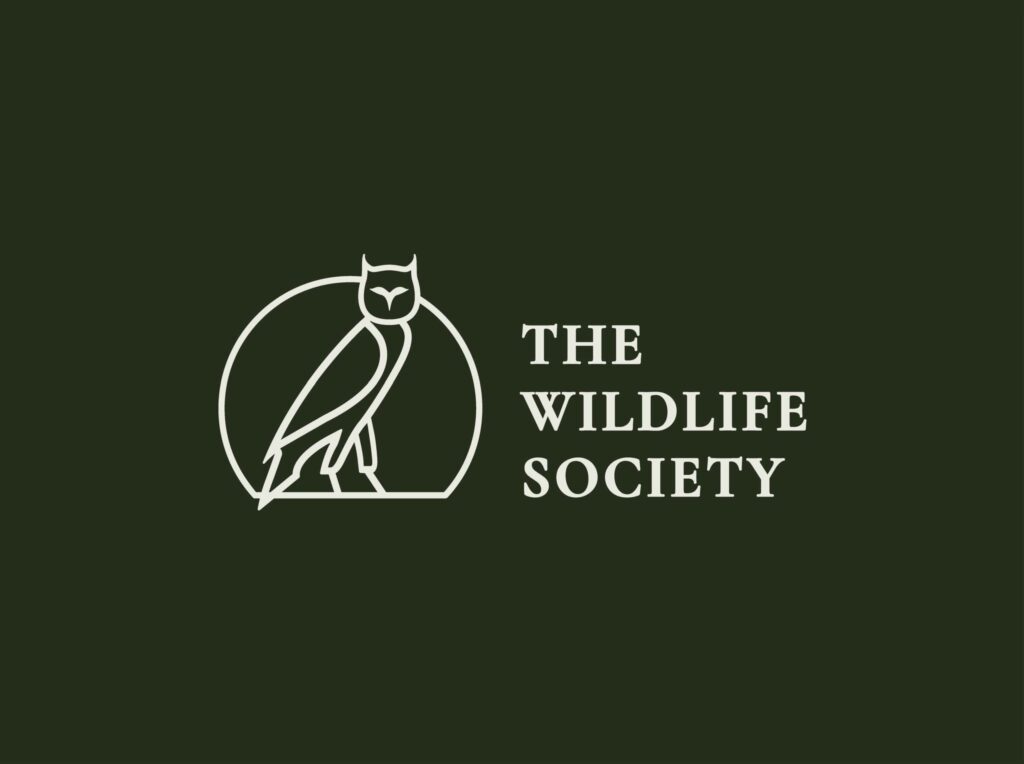
Our Commitment to Diversifying the Wildlife Profession
At The Wildlife Society, we envision a conservation community where diverse perspectives are valued, where every voice is respected and where every biologist has the opportunity to flourish. This commitment is not optional–it is an everlasting and core component of our mission.
The future of biological diversity requires the conscious engagement of all people.

“For success it is imperative that we recognize the component interests in our organization, cooperate with each, and in sympathy with their objectives. Uniformity is the aim of the dictator. Democracy is made up of minorities, among which each one is given recognition and reasonable satisfaction. Herein lies the opportunity and the challenge for The Wildlife Society.”
-Olaus J. Murie, 8th President of TWS, The Journal of Wildlife Management, July 1945
How We’re Strengthening Our Community and Diversifying the Profession
Elevating Voices
Wildlife Vocalizations: Compelling personal perspectives from people in the field of wildlife sciences, which reflect on the past and look toward the future, providing a voice that shows we are not alone. These stories are woven together through the common theme of passion, ingenuity, tenacity and perseverance.

Fostering Community
A strong wildlife profession starts with people who feel they belong. Through intentional community-building, professional support and advocacy, we’re advancing a more inclusive field that reflects the diversity of the communities and ecosystems we serve.

Out in the Field:
Uplifting LGBTQIA+ wildlife professionals and allies. Through storytelling, mentoring and visibility, we’re creating a more inclusive, supportive field for everyone.
Women of Wildlife:
Supporting and uplifting women across the wildlife profession. From mentoring to networking events, WOW creates spaces to connect, share and grow.
Students & Early-Career Professionals:
Supporting the next generation of wildlifers and providing opportunities to launch careers.
Inclusion, Diversity, Equity and Awareness Working Group:
Promoting the engagement and mentoring of wildlife scientists and managers from backgrounds previously underrepresented in natural science professions.
Disabilities, Neurodivergence and Allyship Working Group:
Making the wildlife profession and the outdoors more accessible and welcoming for folks with disabilities and neurodivergent identities.
Latin American and Caribbean Working Group:
Advancing and representing international and domestic Latin Americans and Caribbeans in TWS and the wildlife profession at large.
Ombuds:
Ensuring safe, professional and respectful spaces through facilitating dialogue and accountability.
Our Vision:
Bringing awareness and delivering opportunities into all mission-driven priorities and operations through the lens of TWS’ Diversity, Equity and Inclusion Vison.
Trailblazer Grants:
Providing field gear and monetary awards to support students and early-career professionals from historically underrepresented or marginalized groups in the wildlife profession. This grant is a joint effort between our Student Development and Early Career Professional working groups.
Native Student Professional Development Program:
Providing Indigenous students in a wildlife program with the opportunity to attend TWS’ Annual Conference (for free) and connect with mentors and peers.
Societies Consortium:
We are a member of the Consortium to help end harassment in science and advance professional standards that reflect respect, inclusion and accountability across STEMM fields.
Join Us
“All members share in the responsibility of promoting a safe, welcoming and respectful environment.”
– TWS Council
Join us in building a more inclusive future for wildlife and wildlife professionals. We welcome your ideas.
